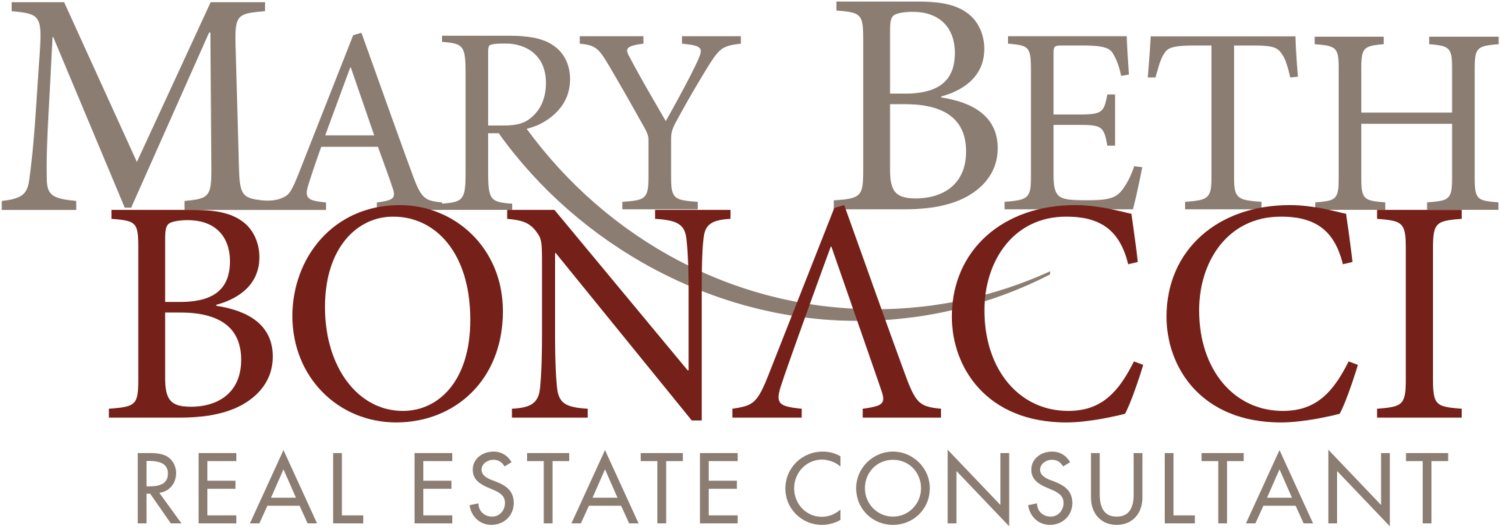Top Ten Tips for Repairing Your House Before Sale
/It's getting more and more important to prep a house before putting it on the market. There's a LOT of competition out there. The buyers who are looking at your house are looking at a bunch of other houses in the same area. Yours has to stand out. What's worse, some of that competition is bound to come from foreclosures. And they're going to stand out because they're priced 5% to 10% lower than yours. (I know that doesn't seem like a lot as a percentage, but 10% of $200,000 is $20,000. That's a lot of competition!)
So if you want to sell your house without letting it go at a foreclosure price, it's got to be in better shape than a foreclosure. Buyers might overlook bent screens, dinged woodwork and broken shingles if they think they're getting a great deal. But at market price, they don't like to see that stuff.
My favorite part of this has to do with smells. I'm a freak about this. When I'm with buyers, we usually give nicknames to each house we see. It's easier and more fun to remember a home as "Big Plaid Wallpaper House" than as "You know, the one on Vance Court. Two story, blue trim, 2000 square feet . . ."
And when a house smells, guess what name it gets. "Smelly Cat House." Or "Weird Cologne Trying To Cover Up Smelly Cat House." A bad smell will drive buyers away. So will a weird smell that's clearly an attempt to cover up a bad smell.
If you're selling a house that contains smelly pets, a smoker, weird or aromatic foods, or anything else with an overwhelming olifactory presence, you need to do some work. Get rid of the source of the smell. (Seriously, it's best if Kitty lives elsewhere for a while.) And then clean or get rid of everything that harbors the smell.
I know it's hard to tell what your own house smells like. Ask a neighbor. Ask your realtor.
And take the answer very, very seriously.








